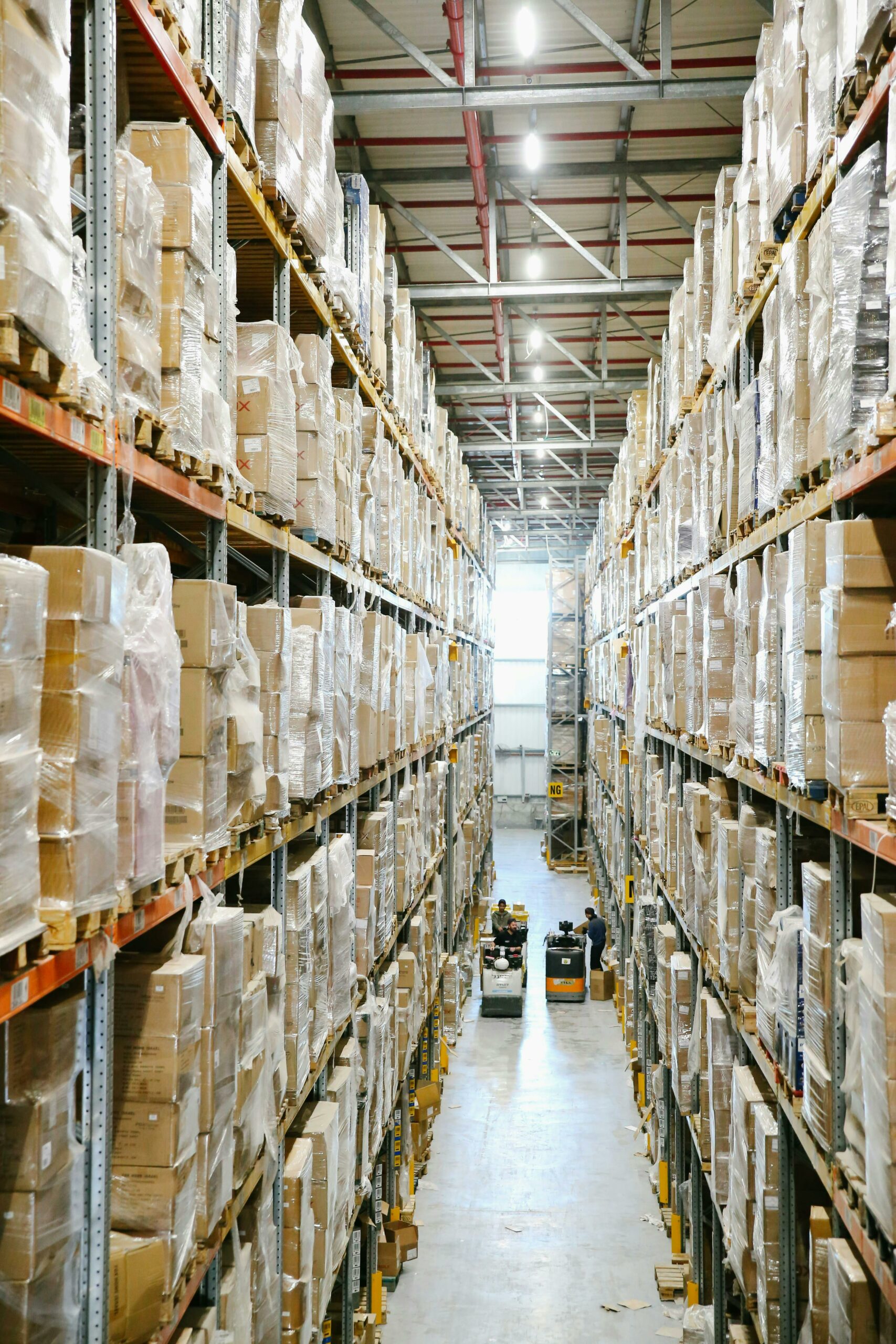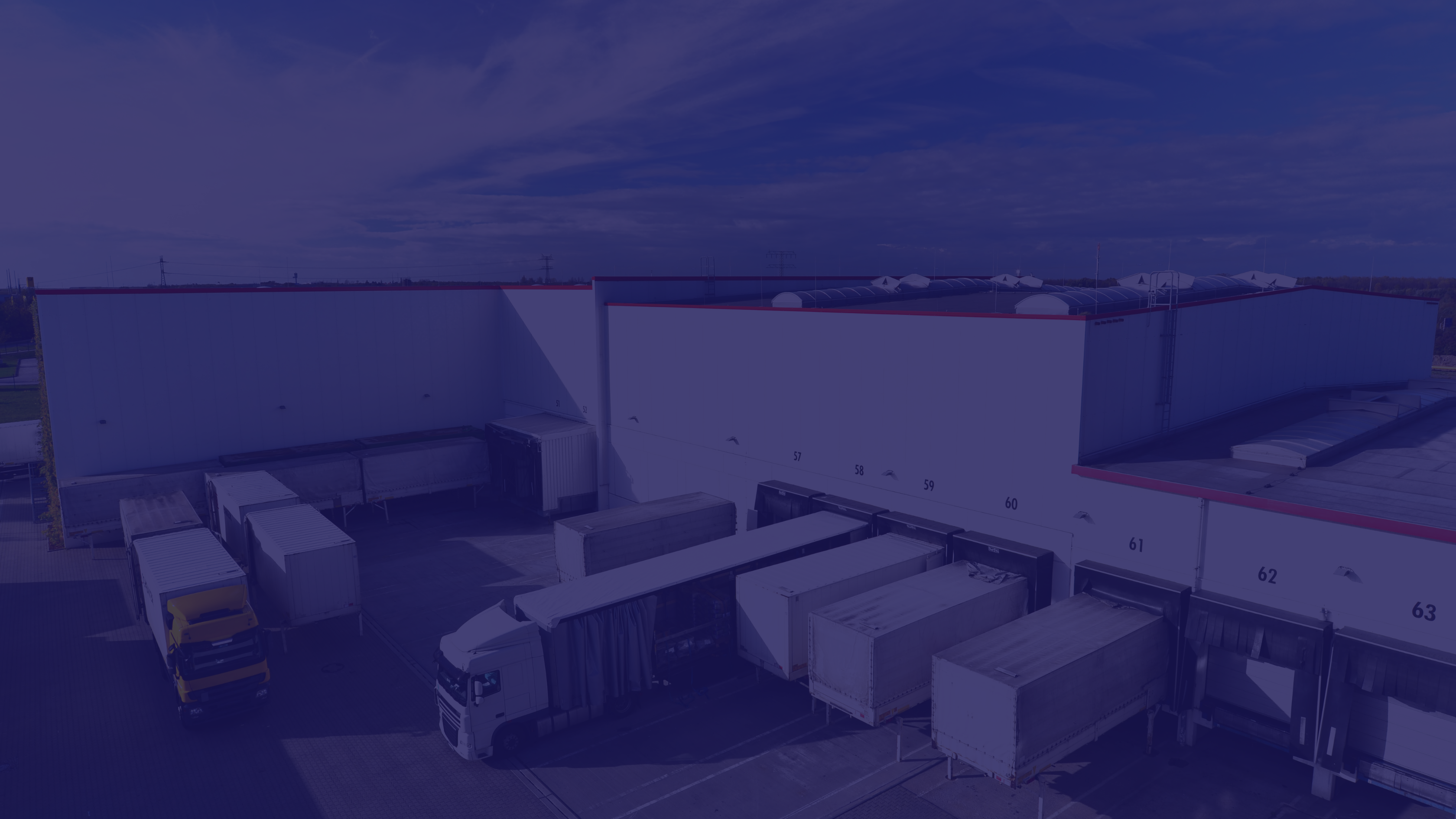Should you own a warehouse or use a 3PL?
As eCommerce businesses scale, logistics becomes a strategic priority. For scaleups reaching new markets and managing increasing order volumes, one critical decision often arises: should you operate your own warehouse or work with 3PL providers?
This decision isn’t just about cost; it’s about control, flexibility, and long-term scalability. Both owning a warehouse and outsourcing to 3PLs have unique advantages and challenges. For many businesses, the answer lies in finding a balance between the two. Here’s a comprehensive look at the pros, cons, and an emerging hybrid solution tailored for growing eCommerce brands.

What does owning a warehouse mean for your eCommerce business?
Owning a warehouse is a significant step for any eCommerce scaleup. It provides you with total control over logistics operations, which is especially valuable for brands with specific fulfillment needs or high volumes in key markets.
Advantages of owning your warehouse
One of the most appealing aspects of owning a warehouse is the ability to design operations that align perfectly with your brand. From customized packaging to faster delivery speeds, you can optimize every aspect of the customer experience.
Cost efficiency is another key benefit. While the upfront investment can be high, owning a warehouse eliminates ongoing 3PL fees. For businesses managing high order volumes, this often reduces the per-unit fulfillment cost. Additionally, a warehouse can become a long-term asset, adding financial value to your business.
Challenges of operating your own warehouse
However, owning a warehouse comes with challenges. The initial investment is steep, covering everything from property costs to equipment and staffing. Operational complexity also increases, requiring expertise in inventory management, compliance, and warehouse management systems (WMS).
Flexibility is another concern. A warehouse ties your business to a physical location, limiting your ability to pivot or expand quickly. If growth projections don’t meet expectations, you could face underutilized space and sunk costs.

How 3PLs help scale eCommerce businesses
Third-party logistics providers (3PLs) offer an outsourced solution for fulfillment, allowing scaleups to focus on growth rather than managing logistics internally.
Why 3PLs ere a popular choice for scaleups
Flexibility and scalability are the biggest advantages of using 3PLs. These providers make it easy to expand into new markets without committing to physical infrastructure. For growing ecommerce businesses, this means you can test new regions and product lines without major upfront costs.
3PLs also bring logistics expertise. With advanced technology, streamlined processes, and established networks, they can optimize your operations while saving you time and resources. Costs are predictable, scaling with your order volume, which makes budgeting more manageable.
Read more: How to choose the right fulfillment partner
Drawbacks of outsourcing to 3PLs
Outsourcing comes with trade-offs. When you use a 3PL, you have less control over fulfillment processes. This can be a challenge for brands that prioritize specific customer experiences. Additionally, fees can add up as your order volume grows, especially if your products require specialized handling. Finally, your logistics performance becomes tied to the reliability of your 3PL partner.

A modular solution: Combine owned warehouses with 3PLs
For many eCommerce scaleups, a hybrid approach offers the best of both worlds. By owning a warehouse in your core market and leveraging 3PLs for growth in emerging regions, you can balance control, scalability, and flexibility.
Benefits of a bybrid logistics strategy
In your primary market, owning a warehouse gives you control over operations, enabling you to design a logistics process that reflects your brand values. You can optimize for cost efficiency while delivering a seamless customer experience.
For new or international markets, 3PLs provide the agility to expand without committing to physical infrastructure. This modular approach allows you to test the waters in new regions and scale operations based on demand.
Integration: The key to hybrid logistics success
A hybrid logistics strategy requires seamless integration between owned warehouses, 3PLs, and your eCommerce platforms. Without proper integration, managing inventory, tracking orders, and ensuring data flow across systems becomes complicated.
How Prime Penguin supports bybrid logistics
Prime Penguin’s integration platform bridges the gap between owned warehouses and 3PLs. By providing a many-to-many solution, it ensures a unified flow of data across your entire supply chain. This eliminates operational silos and gives you real-time visibility into inventory, fulfillment, and shipping performance.
Whether you’re managing your warehouse or working with 3PLs, Prime Penguin simplifies the logistics process, allowing you to focus on growing your business.
Key considerations for scaleups evaluating logistics options
When deciding between owning a warehouse, using a 3PL, or adopting a hybrid approach, consider these factors:
- Growth goals: If you’re scaling into multiple regions, a modular strategy with 3PLs may be your best bet. For stable markets with high volumes, owning a warehouse can drive efficiency.
- Control vs. flexibility: Prioritize control in your primary market while leveraging flexibility for growth markets.
- Operational readiness: Do you have the expertise to manage a warehouse? If not, rely on integration tools and expert 3PL partners.
- Technology integration: Ensure your systems work seamlessly together with a platform like Prime Penguin.

Conclusion
Choosing between owning a warehouse and outsourcing to a 3PL is a pivotal decision for eCommerce scaleups. Owning a warehouse offers control and cost efficiency in core markets but requires significant investment and operational expertise. Using a 3PL provides flexibility and scalability but comes with higher costs and less control over fulfillment.
For many businesses, the solution lies in a hybrid model—owning warehouses in key markets while partnering with 3PLs for emerging regions. With a robust integration platform like Prime Penguin, you can connect all systems seamlessly, ensuring a smooth and scalable logistics process.
Ready to streamline your logistics strategy? Contact Prime Penguin today and let us help your scaleup succeed.
